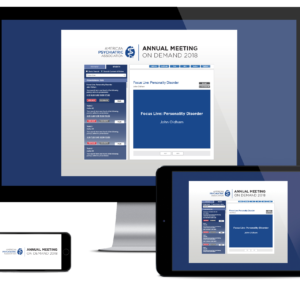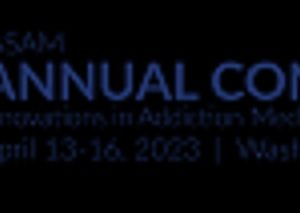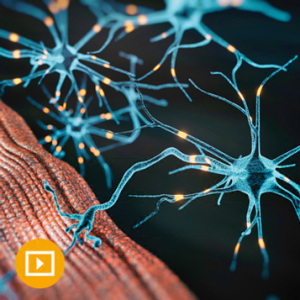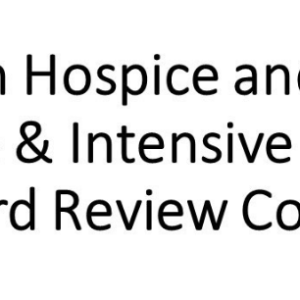UCSF 23rd Annual Developmental Disabilities: An Update for Health Professionals 2024
Overview
This unique interdisciplinary conference offers an update for providers who care for children, youth, and adults with developmental disabilities and complex health care needs. T
UCSF 23rd Annual Developmental Disabilities: An Update for Health Professionals 2024 Our expert faculty will address topics of interest to pediatricians, family physicians, nurse clinicians, psychologists, case managers, policy makers, and others who are involved in the health care of children and adults with developmental disabilities.
This year’s conference features discussions on systems change, health equity, health care transitions, trauma informed care, supported decision-making, neurodiversity in patient care, autism, cerebral palsy, health policy, assisted communication, sexuality, and so much more. It is our goal to leave you feeling inspired and with many pearls to integrate practical improvement suggestions into your practices. While the conference is designed and accredited for healthcare professionals, we welcome families and individuals with developmental disabilities to attend.
This activity is developed by a community planning and advisory committee made up of self-advocates and representatives from the following agencies: UCSF, Stanford University, The Arc San Francisco, Golden Gate Regional Center, East Bay Regional Center, State Council on Developmental Disabilities, Support for Families, WITH Foundation, San Francisco Department of Public Health, and the California Department of Developmental Services.
Objectives
An attendee completing this course will be able to:
- Improve systems of care for people with disabilities by considering social and cultural diversity and disparities, structural bias, and implications for access to quality healthcare;
- Improve interprofessional teamwork and collaboration to effectively address gaps in care for people with developmental disabilities;
- Describe regional and state organizations and current policies relevant to access to health and related services;
- List key tasks to assure effective health care transition from youth to adulthood and describe the importance of self-determination and self-advocacy;
- Assess the impact of AB1663 on conservatorship and current models for supported decision-making;
- Apply trauma-informed care practices and describe care approaches for neurodiverse populations;
- Apply updates to the care of patients with cerebral palsy, autism, Rett Syndrome, neuromuscular disorders, and intractable seizures;
- Describe what experience and research hold for the future of communication therapy in neurodiverse populations;
- Describe best practices to prevent medical or psychological trauma in the emergency department and procedure-oriented settings;
- Adopt practical skills to discuss sexuality with children, youth and adults with developmental disabilities and their parents/caregivers.













